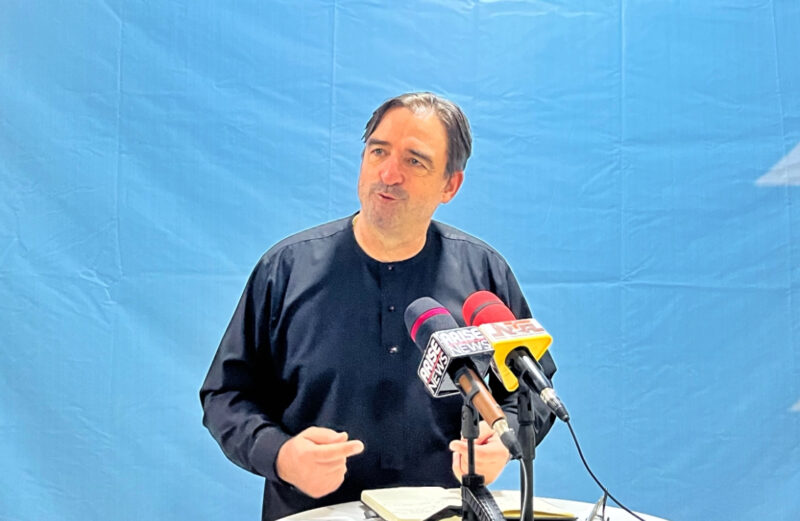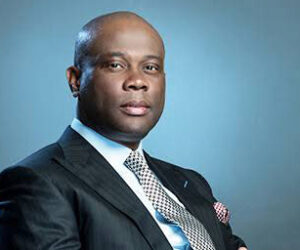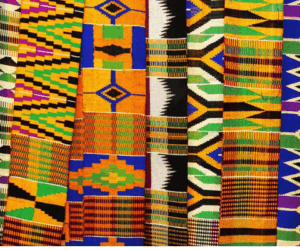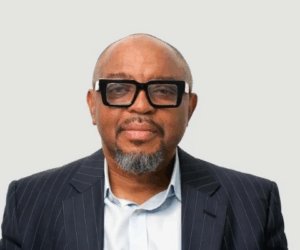Germany’s diplomatic and business outreach in Nigeria is expanding into the creative industries, with a focus on film production, intellectual property protection, royalty management, animation, and access to film equipment.
At a press conference at the German Embassy Monday, on the sidelines of the African International Film Festival (AFRIFF), Daniel Krull the newly appointed German Consul General, introduced a delegation of German companies to Nigerian filmmakers and producers. The event highlights a deliberate strategy to build economic ties through private-sector collaboration, addressing challenges like financing, piracy, and market access.
Krull sees untapped potential, particularly in IT, but the delegation’s visit marks an entry into film. “These companies are always looking for IT talent, and I know Nigeria has many of these talents. And these companies are eager to extend their talent pool, and I’m looking to receive the next company in late November. And I’m very hopeful that this will become a new strong pillar of German-Nigerian relations, with a particular focus on Lagos and the surrounding states.”
The film delegation, hosted on the sidelines of AFRIFF’s opening, includes companies in production, legal services for royalties and IP protection, Animation, and equipment manufacturers. Krull described it as “the very first reach-out of this industry to Nigeria.” The group met with Nigerian stakeholders to explore cooperation on production quality and volume.
Read also:
“Today, I just received a delegation of German companies in the movie sector, a very interesting group of companies ranging from production companies, companies that offer legal services for royalty management and intellectual property protection, equipment rental companies, and so forth,” Krull said. “As you may know, the German industry is an important provider to the sector when it comes to equipment, and so I think there are very interesting opportunities for Nigerian and German businesses ahead.”
This initiative builds on Germany’s established interest in African cinema. Krull noted multiple festivals in Germany, including recent events in Berlin and the traditional one in Frankfurt with its Golden Award, plus longstanding programs in Cologne and Hamburg.
Cultural diplomacy complements these efforts. Krull highlighted the upcoming opening of the Museum of West African Arts (MOWAA) in Benin City, funded with around 6 million euros from Germany. The official launch is set for next Tuesday, following a pre-opening weekend, featuring the exhibition “Nigerian Imaginaries,” previously shown at the Venice Biennale. “Culturally, we are looking forward to the opening of the Museum of West African Arts in Benin City. The German Ambassador, Anne Günther, will assist in this opening.”
In responses to questions, Krull emphasised a hands-off approach, prioritising private enterprise over government-led initiatives. On challenges in Nigeria’s film sector, he said: “The creative, the movie industry in particular, is mostly driven by private enterprise, and I think that is the way it should be. And so, it’s not an exercise for a foreign country to advise on how to develop the sector.”
He advocated co-productions and bottom-up partnerships. “We also have production companies that are interested in seeing if they can expand their co-production here in Nigeria to come here to Nigeria and produce in Nigeria like they do in other countries in West Africa. On whether there is an official partnership with the Nigerian government on this programme… I have a strong view that you don’t start with two governments agreeing to go together. You need a bottom-up approach where actors, companies, producers, and artists start cooperating. When you have a critical mass together, then you might add an agreement that could facilitate the already ongoing cooperation.”
Read also
Addressing potential barriers, Krull downplayed language and cultural hurdles. “On navigating language and cultural differences… There is no big language barrier because in many productions the common language is English. So German companies are used to working in this context.”
The delegation’s companies provided concrete examples of this strategy. Manuel Meya, founder of Cinetica, a Munich-based equipment manufacturer founded in 2020 and market-ready since 2023, introduced the NU.TRON camera movement system. It operates without power, sets up in seven minutes with two people, and allows seamless camera movement within a five-meter diameter.
“What we would like to do in Nigeria is to make it accessible to all of the creative people in Nigeria who want to work with professional equipment, not only professional cameras, but also professional support systems like grip systems, like our NU.TRON, etc. What we’d like to do in the first place is to build strong partnerships with local companies, like studios, rental companies, creative hubs, etc.,” Meya said.
According to Meya, expansion for NU.TRON starts in Lagos but targets nationwide access.
Acromex, a German firm established in 2007, founded by Aldor Nini focuses on IP enforcement, anti-piracy, and digital monetisation.
Responding to concerns about lower ad rates in Nigeria, Nini outlined diaspora-focused tactics. “To increase the price for ads, what you have to do is to provide more qualified content on the platform so even the Google sales team can sell ads in a better way. But you also have a large diaspora in the world. In order to get this audience and to get to this diaspora, you need very specific marketing campaigns. And this is what we are specialised in,” He said.
With operations in countries like Albania in Europe, which are generating 99 percent of their revenue from YouTube from people outside of Albania. Nini and his team are bringing this strategy to Nigeria to have the diaspora generate more money for the local content producers.
Krull, who took office in Lagos in early August after four years as Germany’s ambassador to Ghana, outlined the consulate’s role in facilitating these connections. “Our main objective as the Consulate is to be a facilitator for people to meet from Germany and Nigeria. We are currently processing more than 10,000 visas per year. We hope to be able to speed up with new counters and additional personnel also in the near future, including external service providers for specific visa categories.”









